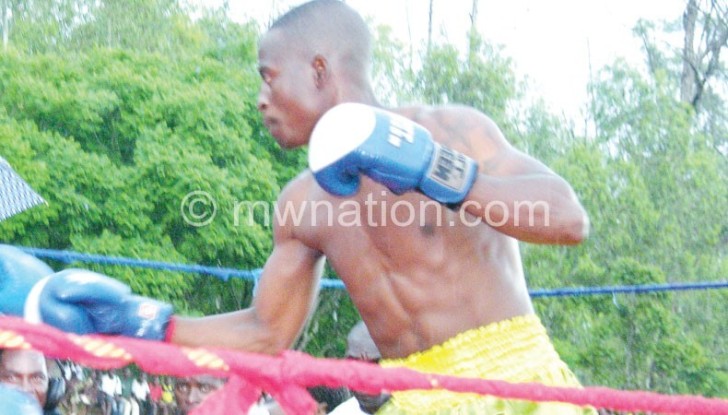Sharing prize money is amateurish
Ask most domestic footballers about their ultimate ambition, and they will predictably tell you it is to play professional football outside Malawi. Well, as per Fifa statutes, most local footballers are professionals for they earn a living from football. Get that? You do not need to play in South Africa to earn such a status.
However, the issue is whether domestic footballers are professionals in this case. It is for this reason that some argue, out of Fifa script, which only recognises either amateurs or professionals, that locals are semi-professionals.
Seemingly negligible things distinguish amateur footballers from professionals. While in Malawi we stand on a higher moral ground and condemn footballers for drinking, most professionals in Europe love their pint of Tutankhamun Ale, Stella, Sink the Bismarck, Utopias and Schorschbock.
For example, Barcelona coach Luis Enrique’s code of conduct only states that (i) alcohol is prohibited during meals (ii) players must be home by midnight in the 48 hours before a game.
The difference is that professionals drink in moderation, whereas amateurs indulge in binge drinking.
Professionals need no reminders about going to the gym every day when off-season, whereas amateurs switch off from physical activity.
Amateurs do not mind their weight, but in professional football, managers give each player a weight limit and failure to maintain leads to heavy fines. Failure to maintain a healthy waist-line cost Benni McCarthy a career at West Ham.
In fact, while in Malawi sense, discipline borders on the obvious such as not boozing, in the professional world even being overweight is indiscipline.
Perhaps the most defining mark of professionals is that they are not obliged to demand anything outside their contracts. If Chelsea win the Barclays English Premier League championship Diego Costa will not ask for a share of the prize money. Winning championships is part of job description.
The other side of the argument is that domestic football clubs are also amateurish as they do not respect players’ contracts while some do not put players on contracts.
Such kind of free-for-all set up explains players’ demands for their cuts from prize money. Teams cannot develop if they spend K50 million in a year and yet share K9 million earned from prize money. Hand-to-mouth will not take the domestic game forward.


